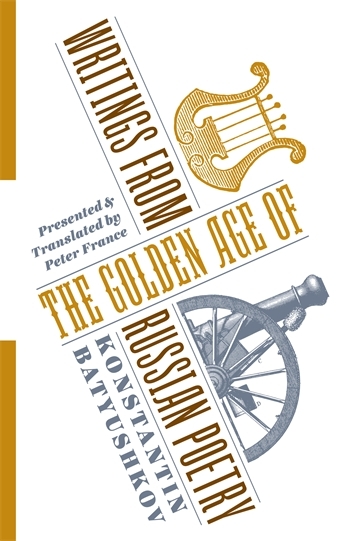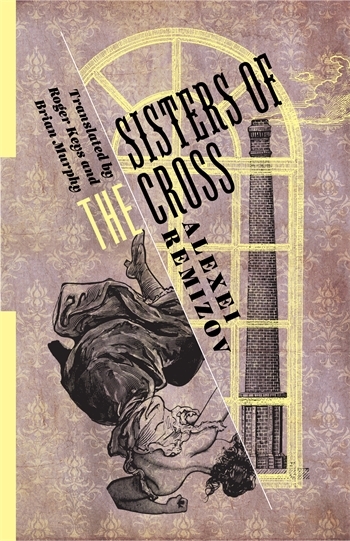Mute Speech: Gabriel Rockhill on Why Jacques Ranciere Matters
In his introduction to Mute Speech: Literature, Critical Theory, and Politics, by Jacques Ranciere, Gabriel Rockhill enumerates some of the most important facets of Ranciere’s book.
Rockhill writes:
For the reader who agrees to try and shelve the doctrines of modernism in the name of following Rancière into unchartered territory, the rewards are innumerable. The strengths of his project are too numerous to be summarized, but here is a partial list:
* He approximates a radical historicist position that avoids blindly positing art as a transhistorical absolute.
* He jettisons both continuous and discontinuous modes of history in order to propose a unique account of overlapping poetics.
* He avoids reducing rival poetics to homogenous epistemes and instead argues that axioms from the same poetics can come into contradiction, and that there can be overlap and tension with other poetics.
* Far from proposing a purely descriptive account of history, he advocates an interventionist and polemical approach that attempts to simultaneously restage the singularity of the past and have it come to bear on the present.
* Instead of reducing works of art to determinate schemata, he argues that works endeavor to solve problems posed by specific poetic axioms.
* Rather than unapologetically imposing his conceptual system on works of art, he provides an immanent analysis of the works themselves in order to draw out their consequences and their operative principles.
* He provides an extremely novel and original account of the history of the arts since the Renaissance, which is as erudite as it is polemical and iconoclastic.
* Perhaps most importantly, Rancière launches a major offensive against the modernist doxa (and its postmodernist avatars) and encourages his readers to rethink their most fundamental presuppositions. He thereby opens space for a radically new understanding of the history of the arts and literature, if not the history of politics and of the social and human sciences.





